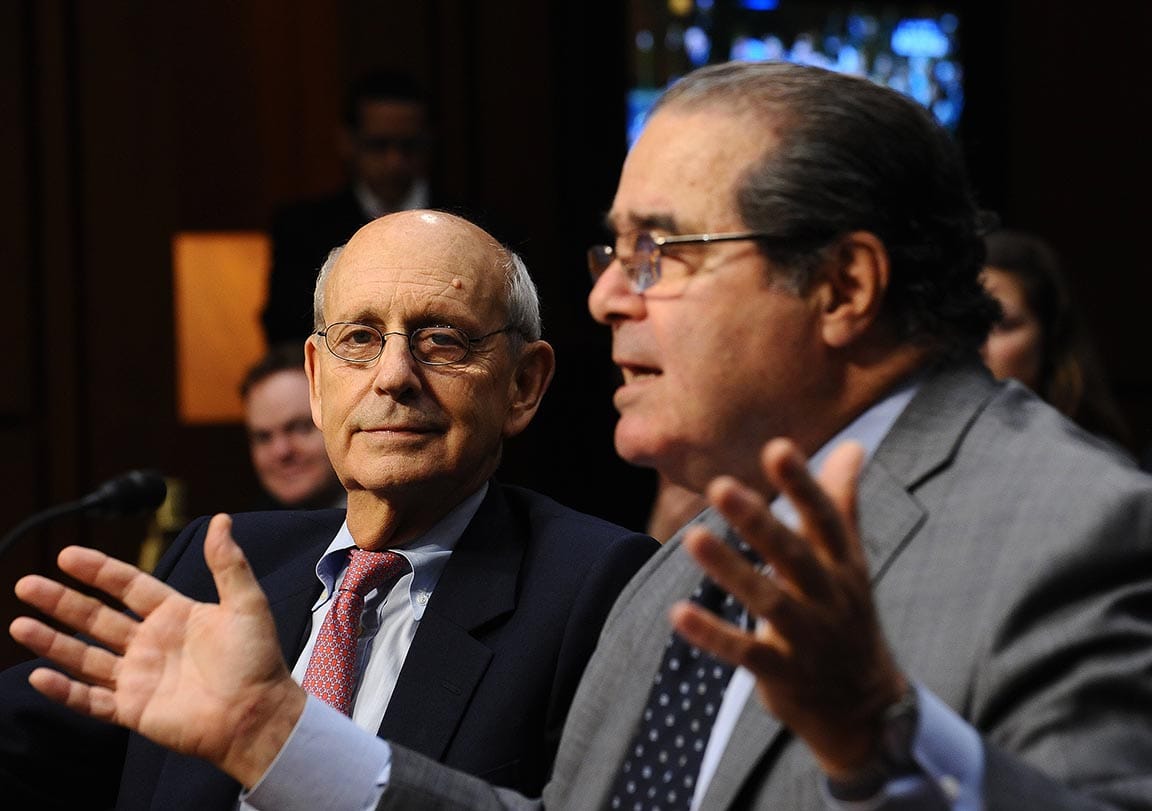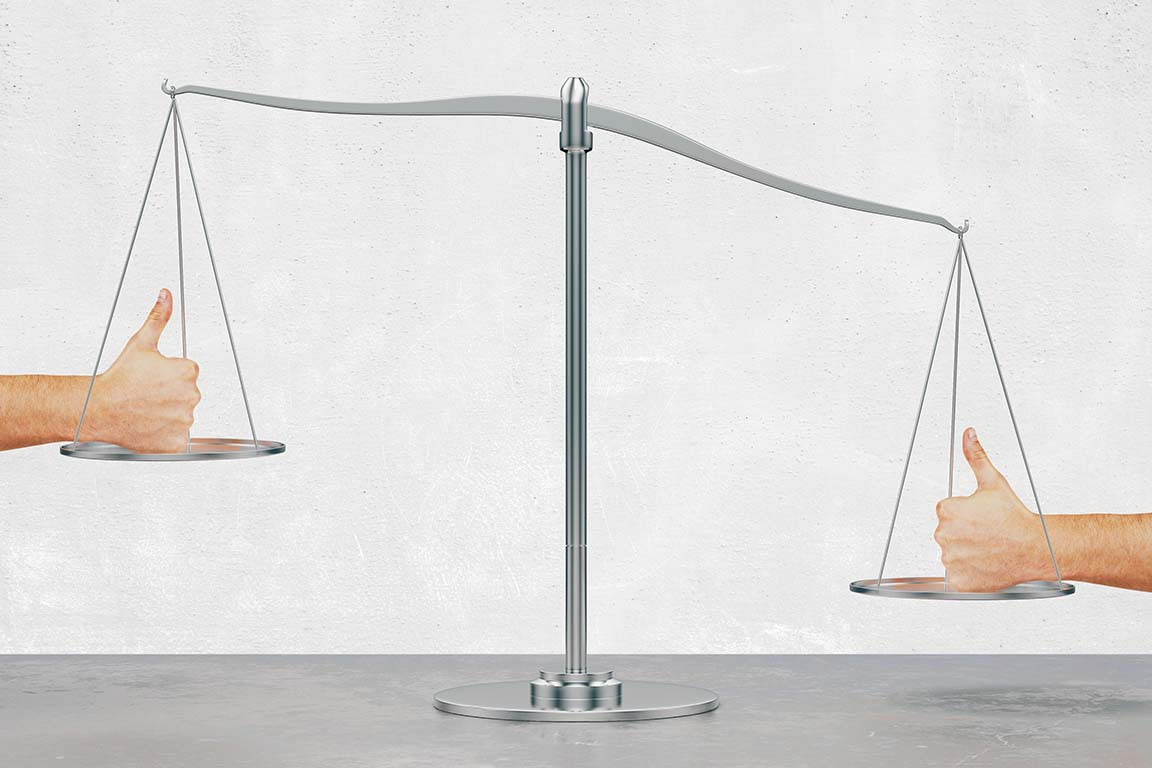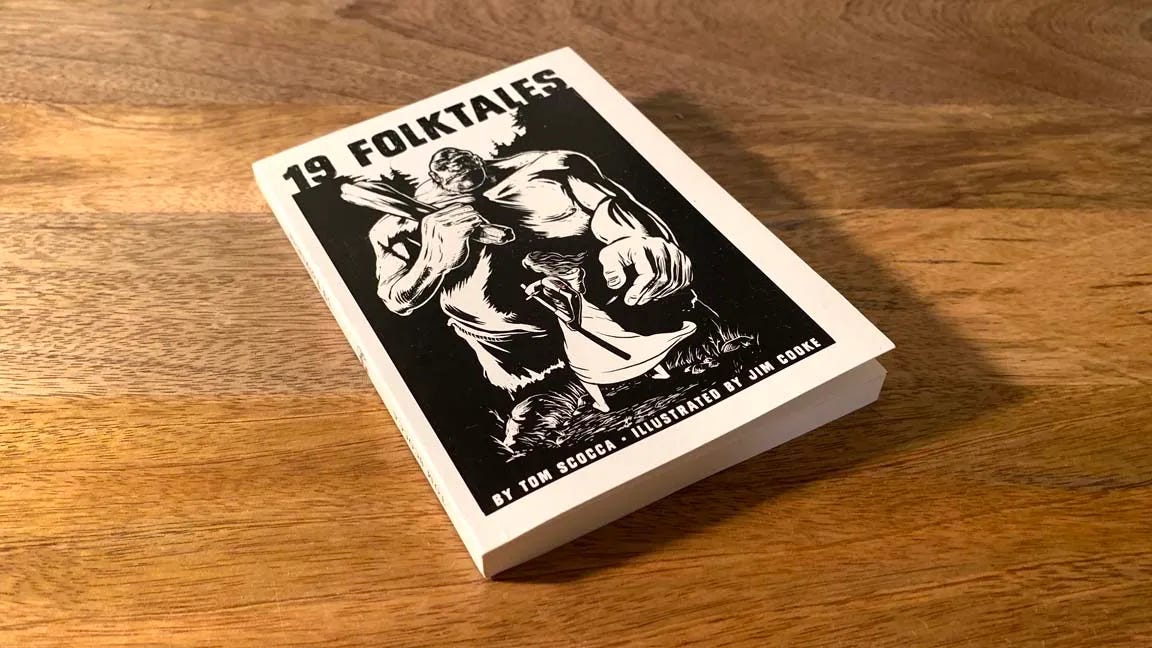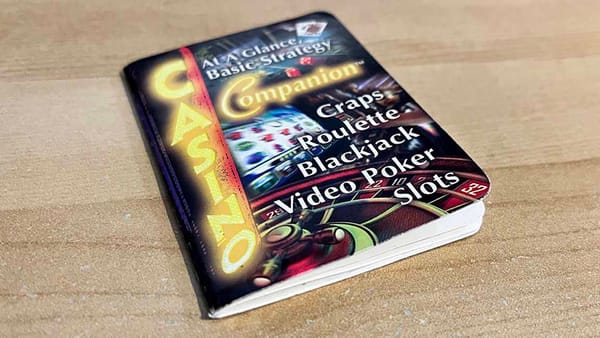The rude phoniness of Stephen Breyer
Indignity Vol. 4, No. 58

THE WORST THING WE READ THIS WEEK™
What Did a Nice Supreme Court Accomplish, Exactly?
"WHAT WORKS FOR nine people with lifetime appointments won’t work for the entire nation," the retired Supreme Court justice Stephen Breyer wrote for the New York Times opinion section. It was the first part of the last sentence of Breyer's essay, and it was the only convincing line in the entire piece, albeit accidentally. What works for nine people with lifetime appointments has definitely failed to work for the entire nation.
That devastating assessment of his own life's work was meant to be a throwaway caveat. The point of Breyer's piece was that the Supreme Court, in his experience, was a place of civility, comity, and cooperation—a model for how civic life should be, albeit, yes, a model that might be difficult to apply to a whole fractious nation of 330 million people.
Did you know that Antonin Scalia loved to sing? Did you know that he and Ruth Bader Ginsburg were "great friends" who shared a love of opera? Did you know that Antonin Scalia spent his time on the bench viciously crusading against gay rights, reproductive rights, and equality and autonomy in general, and in favor of unchecked corporate power, and that his intentionally dishonest jurisprudence on guns drew the blueprint for our current era of mass slaughter, and that he died while on a luxury resort junket underwritten by plutocrats?
Which part of Scalia's legacy will be on your mind when you're hiding in a storeroom with the lights off someday? Maybe you can comfort yourself by thinking of a tune from your favorite opera—just don't hum it out loud, or the shooter might realize you're there.
But Breyer's essay existed in a world without indiscriminate gunfire—a world without any identifiable substance or meaning outside the chambers of the Supreme Court, a court that was simply a collection of people who discussed something called the law, according to their sincerely held beliefs, in the most constructive way they could. What was the difference between Justice Stephen Breyer and Justice Antonin Scalia? "[W]e did not share basic views about how to interpret difficult statutory and constitutional phrases," Breyer wrote. Nevertheless: "we were friends."
Were those the only views those two did not share? Here's what Breyer wrote about his friend's statutory and constitutional interpretation in 2008, in response to Scalia's 5–4 majority opinion in District of Columbia v. Heller:
The argument about method, however, is by far the less important argument surrounding today’s decision. Far more important are the unfortunate consequences that today’s decision is likely to spawn. Not least of these, as I have said, is the fact that the decision threatens to throw into doubt the constitutionality of gun laws throughout the United States. I can find no sound legal basis for launching the courts on so formidable and potentially dangerous a mission.
And here was how he disagreed with his friend's vote on Bush v. Gore in 2001:
The Court was wrong to take this case. It was wrong to grant a stay. It should now vacate that stay....The political implications of this case for the country are momentous. But the federal legal questions presented, with one exception, are insubstantial.
The Stephen Breyer who wrote legal opinions—dissenting opinions, more and more, as brute-force Republican politics converted the part of the court shaped by Scalia from a cranky fringe intermittently attached to the majority into a ruling supermajority—described the court acting with "no sound legal basis" or interjecting itself into a presidential election for "insubstantial" legal reasons. Now the Stephen Breyer who was writing for the readers of the Times was describing the court's actions as a set of earnest disagreements over gauzy legal principles, draped over some utterly invisible set of underlying material concerns:
[I]n my 28 years on the court I did not hear a voice raised in anger in that conference, nor were snide or personal remarks ever made. The discussion was professional, disagreements reflected legal differences on the merits, and the justices tried to find ways to reach court agreements.
An underage rape victim blocked from getting an abortion by the Dobbs decision will surely be glad to hear from Breyer that he sees the same spirit on the court today:
Considerable disagreement on professional matters among the Supreme Court justices, important as they are, remain professional, not personal. The members of the court can and do get along well personally. That matters.
In my tenure, this meant that we could listen to one another, which increased the chances of agreement or compromise. It means that the court will work better for the nation that it serves. And I wonder: If justices who disagree so profoundly can do so respectfully, perhaps it is possible for our politically divided country to do the same.
And how did our country get so politically divided? Did it have anything to do with the Supreme Court declaring that unlimited political spending was free speech, or that gerrymandering to create permanent minority rule was constitutional, or that laws against corruption were unenforceable, or that the Voting Rights Act was obsolete and unnecessary? Did it maybe, again, have something to do with all the guns? Or abortion? Or any of the other areas in which Stephen Breyer's friends and colleagues chose to rewrite the terms of American life and politics, in between which they would all get together to "play bridge with friends and spouses"? If 21st century law and jurisprudence is what respectfulness got us, maybe Breyer should have considered being a little more disrespectful behind the scenes.

EASY LISTENING DEP'T.

IF YOU CLICK on that image above, you should be able to get to today's podcast!
You could also visit podcast.indignity.net for the RSS thing and also Apple stuff! Kindly let us know if you are encountering difficulties. Thank you!
We're just trying to see what works, thank you trying to listen! Podcast!

WEATHER REVIEWS
New York City, April 2, 2024
★★ The sound of spring rain accompanied the morning bustling around the apartment—the slosh of tires through the front windows, the dripping in the gutters out back. The rainfall paused for a while and then came back, as the air went from neutral to chilly. There was no sense skipping the umbrella or the boots to go out in; despite both, a stream of water from a bulging tarp over the sidewalk got to the younger boy's sock. Out the window, in the mirror, from the barber's chair, the falling drops were invisible, but about half the people going by had their umbrellas up. Downed cherry petals stuck to the top of the metal railing.

ADVICE DEP’T.

Ask The Sophist
GOT SOMETHING YOU need to justify to yourself, or to the world at large? Other columnists are here to judge you, but The Sophist is here to tell you why you’re right. Please send your questions to The Sophist, at indignity@indignity.net, and get the answers you want.

SANDWICH RECIPES DEP’T.
WE PRESENT INSTRUCTIONS in aid of the assembly of sandwiches from New Presentation of Cooking with Timed Recipes, by Auguste Gay with the collaboration of Anne Page. Published in 1924, and now in the Public Domain and available at archive.org for the delectation of all.
HAM AND PINEAPPLE SANDWICH
For each sandwich
2 slices of buttered bread
2 slices of boiled ham
2 tablespoons pineapple, chopped
1 tablespoon mayonnaise sauce
Chop slices of ham very fine and mix with chopped pineapple and mayonnaise. Spread on both slices of bread, put together and press lightly.
HAM AND SWISS CHEESE SANDWICH
For each sandwich
2 slices of buttered bread
1/2 teaspoon mustard, spread on slices of bread
1 slice of boiled ham
1 slice of Swiss cheese
Place ham on one slice of bread, cheese on the other. Put together, press lightly, and serve.
If you decide to prepare and attempt to enjoy a sandwich inspired by this offering, be sure to send a picture to indignity@indignity.net.

MARKETING DEP'T.

The second printing of 19 FOLK TALES is now available for gift-giving and personal perusal! Sit in the strengthening sunshine with a breezy collection of stories, each of which is concise enough to read before the damp ground seeps through your blanket.

HMM WEEKLY MINI-ZINE, Subject: GAME SHOW, Joe MacLeod’s account of his Total Experience of a Journey Into Television, expanded from the original published account found here at Hmm Daily. The special MINI ZINE features other viewpoints related to an appearance on, at, and inside the teevee game show Who Wants to Be A Millionaire, available for purchase at SHOPULA.




